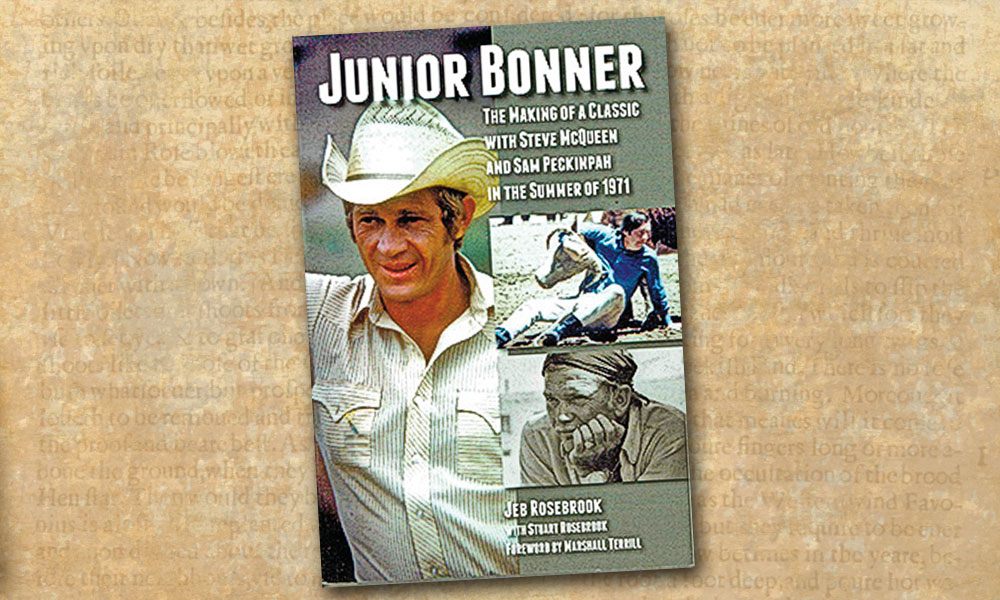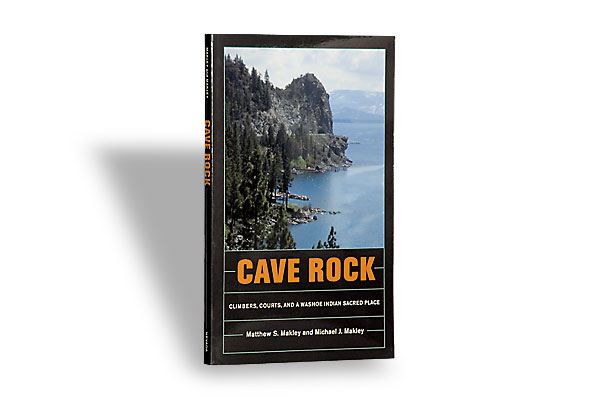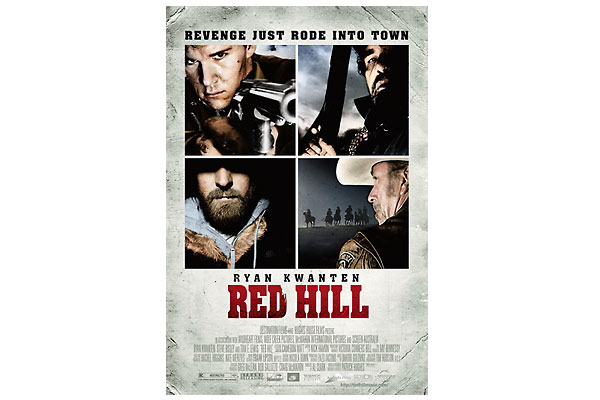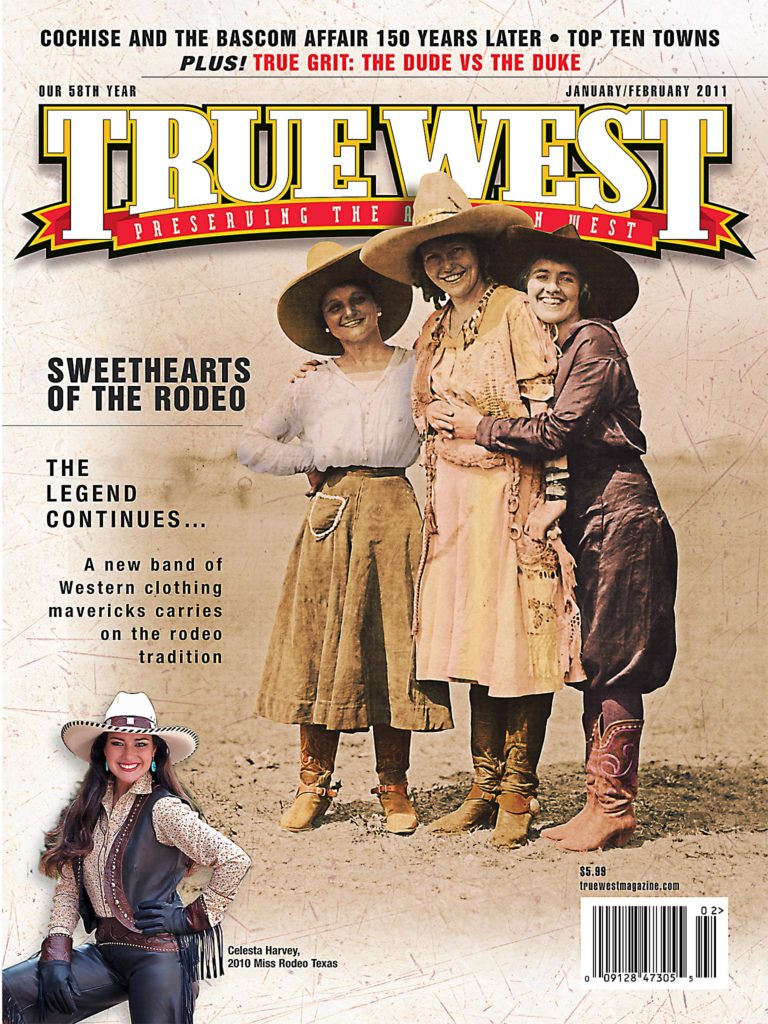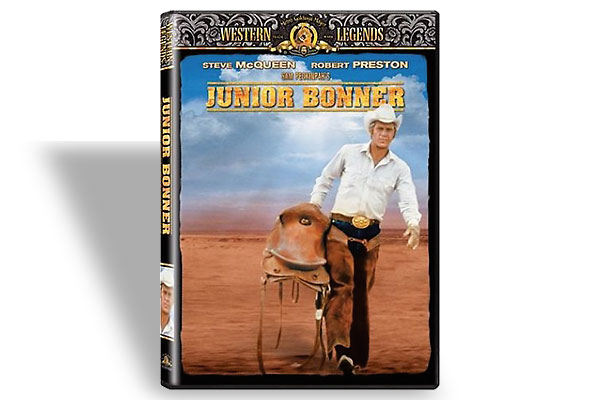
Four rodeo movies were released in 1972: Junior Bonner, J.W. Coop, When the Legends Die and The Honkers. (You might find four rodeo pictures in all the previous 72 years!)
All four of the 1972 films are pretty good and have the same basic set-up of an aging rodeo star coming to grips with the approaching end of his career.
Junior Bonner (Steve McQueen) returns to his hometown in Texas to ride in the local rodeo. Junior reunites with his embittered mother (Ida Lupino), his alcoholic, former rodeo rider father (exuberantly played by Robert Preston) and his younger brother (Joe Don Baker) who is a local real estate tycoon. Not only is the entire cast terrific, but they all somehow seem like a family. McQueen gives one of his most amiable, charming, low-key performances and gladly lets the veteran, Preston, steal the show. The real drama of this story is that eventually Junior is going to ride that bull again, the one that nearly killed him, and that’s good, solid story motivation.
Directed by the legendary, hard-drinking son of a bitch Sam Peckinpah, Junior Bonner ranks as his most charming film. (Even the ever-cranky Ben Johnson plays a charming rodeo promoter.) Peckinpah filmed at different slow-motion speeds; at certain moments, he rapidly intercut between them, creating a visual rhythm that is truly unlike any other director’s. The action of a rodeo is well-suited to both slow motion and Peckinpah’s style, so each event is its own little marvel to watch.
The film was photographed by Lucien Ballard, who shot five of Peckinpah’s films. Ballard shot two of the best Westerns of all time—Peckinpah’s The Wild Bunch and Henry Hathaway’s True Grit—in the same year (1969).
The year 1972 was unquestionably the best year ever for rodeo movies. Although they say “never say never,” I’ll just bet we never see another year with four rodeo movies in it.


